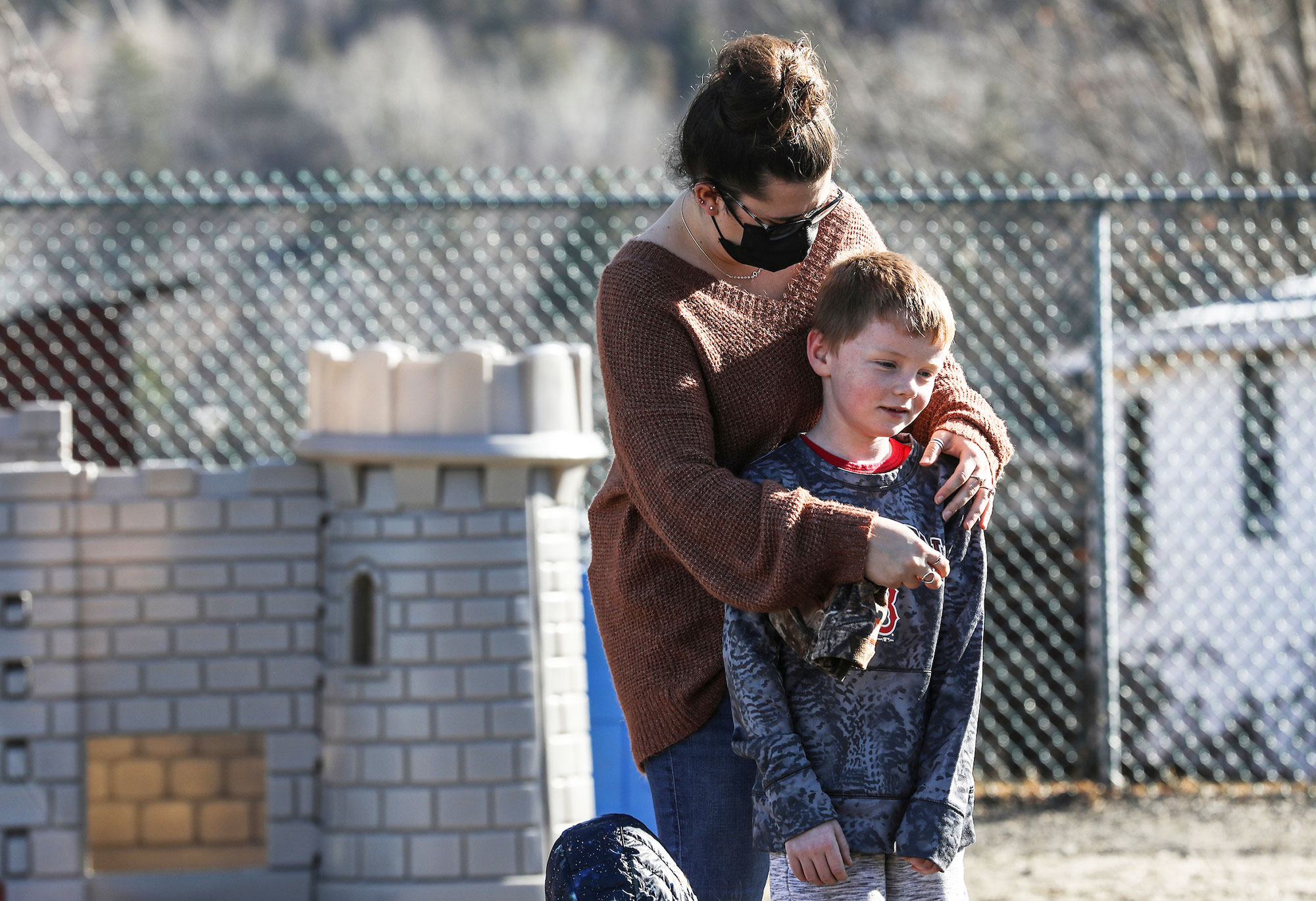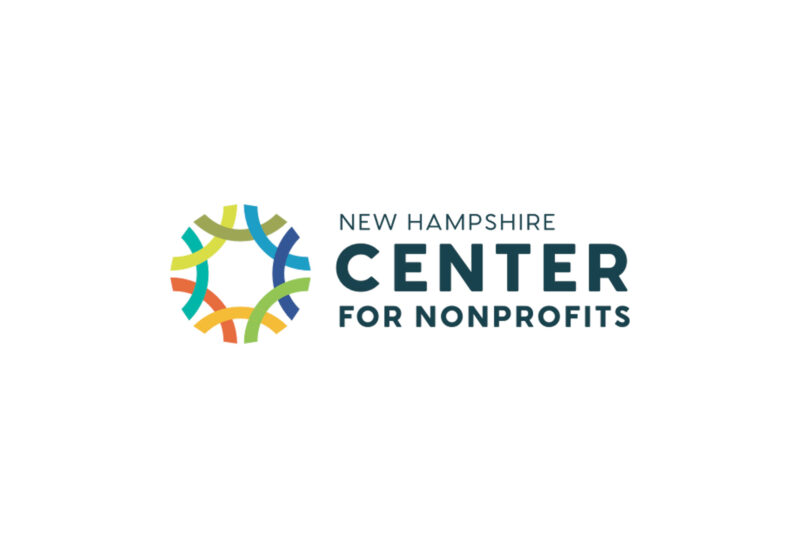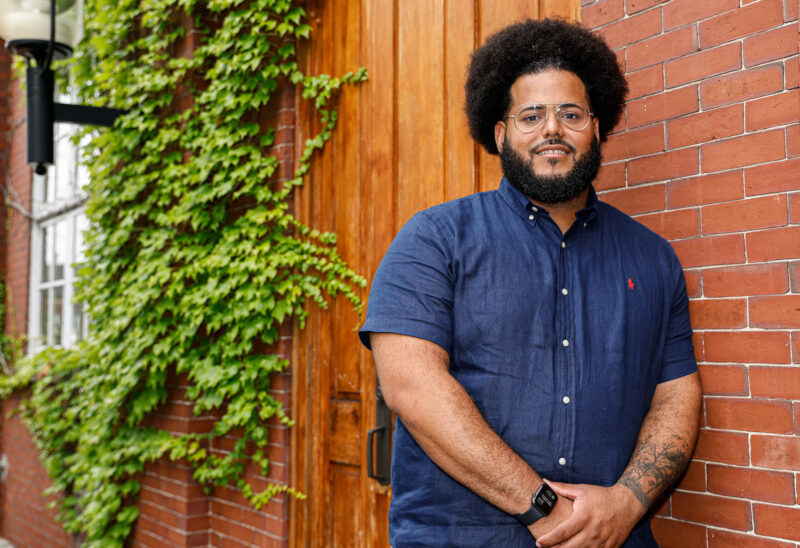The Charitable Foundation launched the Community Crisis Action Fund on March 20 of 2020 to help respond to the unprecedented needs brought on by the Covid-19 pandemic. Nonprofits in New Hampshire responded to the crisis with heroism, innovation and determination, and generous people rallied in support — donating $11,275,580 into the fund, in amounts ranging from $25 to $6 million.
The fund was structured so that every penny in donations went into our communities to help during the crisis — and as we continued to recover from it.
The fund provided grants to nonprofit organizations working on the front lines to reduce the pain and hardship from COVID-19 for our most vulnerable neighbors — access to vaccinations, food for hungry kids and seniors, shelter for homeless people and families, transportation, whatever assistance was needed wherever it was needed.
It supported initiatives and collaborations to help reduce the longer-term social and economic impacts of COVID-19 on critical systems such as health care, emergency response, childcare and food security — especially for marginalized children and families.
The Community Crisis Action Fund allowed the Foundation to expand strategic grantmaking in critical systems, increase responsive multiyear grants to key nonprofits, help struggling families to access food, childcare, emergency rental assistance and federal tax credits, and to direct resources to communities where people were disproportionally affected by the crisis.
Examples of work supported by the fund include:
- Childcare. The Community Crisis Action fund helped support the establishment of a system of emergency childcare early in the pandemic for New Hampshire’s most essential workers — including health care professionals and other hospital staff, first responders, pharmacy and grocery store workers, workers in mental health facilities and more. It helped childcare centers around the state to adapt to the crisis and remain open. And the fund helped childcare centers to recover more than $2.8 million dollars from the federal Employee Retention Tax Credit — which will substantially strengthen the sector moving forward.
- Healthcare and Health Equity. The fund supported direct services and improved service delivery of physical and mental health services to people most vulnerable. This included: Funding community health workers in Manchester and Nashua to better serve communities disproportionately affected by the pandemic, in particular Black and Latino populations; supporting community health centers in the establishment of telehealth services; multiyear support for the New Hampshire Public Health Association to address health inequities; technical assistance to help schools secure federal resources for children’s health; and support for the New Hampshire chapter of National Alliance for the Mentally Ill, for Community Mental Health Centers and for the Behavioral Health Learning Collaborative to address the profound rise in mental health needs during the pandemic.
- Food Systems and Hunger. The Community Crisis Action Fund helped to expand and strengthen food distribution and bolster sustainability, equity and resilience of local food systems. It supported local schools as they provided summer groceries and meals to struggling families; food services at homeless shelters and transitional housing; the expansion of Hunger Solutions NH, which focuses on changing policies and systems to help families avoid food insecurity; and the NH Food Alliance, a network of organizations and businesses working to improve food systems in the state.
- Homelessness and Housing. The fund supported direct services to people who were homeless and helped shelters expand and adapt to address COVID-related needs; supported expansion of services and supports for homeless and runaway youth in three communities; and funded on-site COVID-19 testing in New Hampshire’s shelters.
- Family and youth supports. The Community Crisis Action Fund supported youth-serving organizations as they saw a spike in demand and had to quickly adapt programs. It also provided substantial funding to the state’s network of Family Resource Centers and provided highly flexible funding to meet the direct needs of families facing challenges.
- Equity and racial justice. The pandemic exacerbated and deepened longstanding inequities. In addition to work to address health inequities during the pandemic, the Foundation made grants to organizations working long-term to create more equitable and just systems and organizations to make New Hampshire better for all. A multiyear grant to the NH Equity Leaders Fellowship program will expand leadership development for people of color; and a multiyear grant to the New Hampshire Center for Justice and Equity supports that new organization’s mission to “elevate and empower people of color by fostering connections, changing systems, and meeting community needs to make a better Granite State where all belong.”
- Higher education: Grants supported programs and services that helped struggling New Hampshire college students to continue in higher education despite the disruptions of the pandemic. The fund also supported an innovative partnership with the Community College System of New Hampshire to offer a free college course to all Class of 2021 graduating high school seniors, whose high school years had been upended by the pandemic. The partnership helped to jumpstart post-secondary education for 744 students with financial need, many of whom might otherwise not have pursued higher education.
Now that the public health emergency has been lifted nationwide and around the world, the Foundation has de-activated the Community Crisis Action Fund. Since the fund’s inception three years ago, more than $11 million has been granted from it into New Hampshire communities. The balance of the fund will be spent in this calendar year to support ongoing recovery efforts and gaps left when federal pandemic-era assistance programs came to an end.
“We have come through an unprecedented crisis together. People and communities have suffered incredible loss and hardship,” said Foundation President and CEO Richard Ober. “Nonprofits and neighbors alike responded in ways that were genuinely heroic. The Charitable Foundation has been here for more than half a century helping to address hardship and need — and will always continue to do so. Thank you to everyone who donated to this emergency fund to help our communities weather this acute crisis.”
The Community Crisis Action Fund will be re-activated should future crises arise.

















